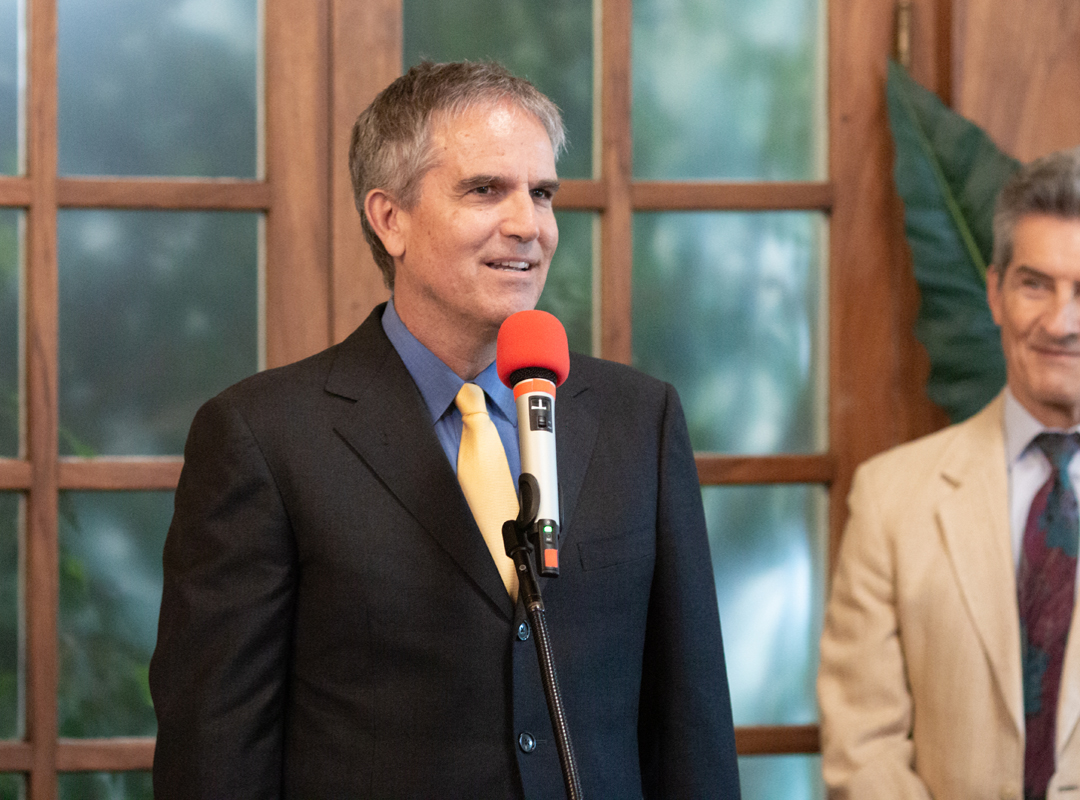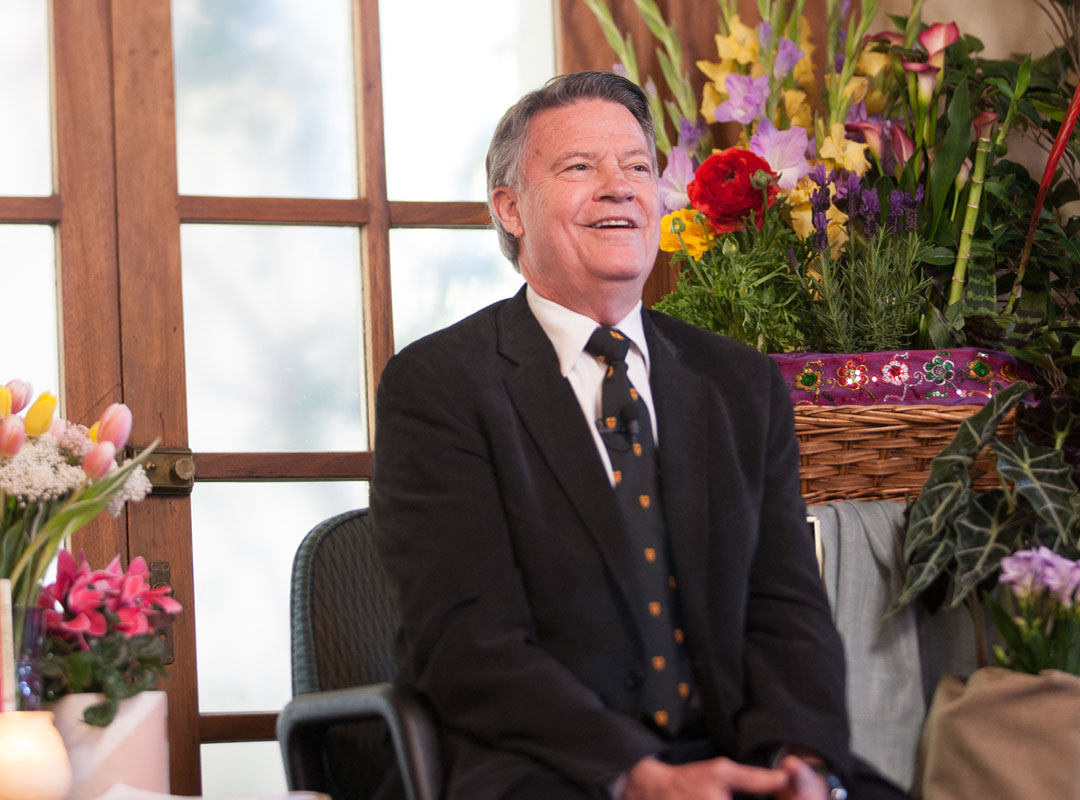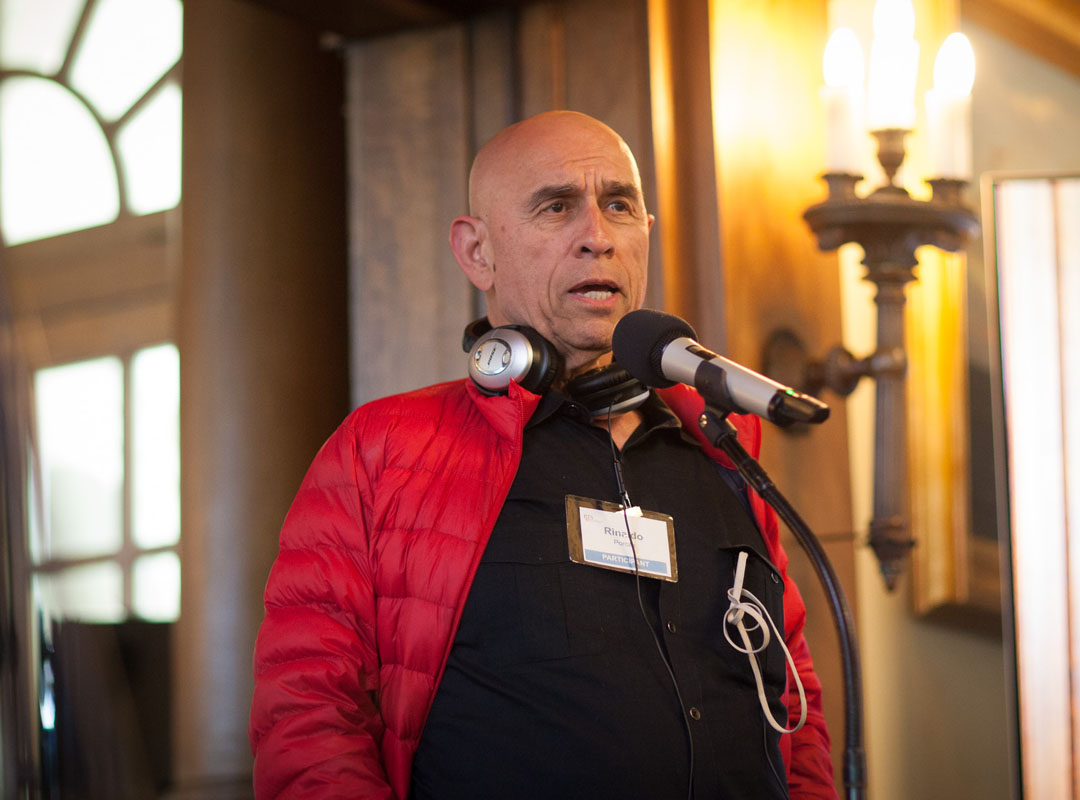 There is a notion about neutrality, of remaining neutral, including remaining neutral in the midst of emotional turmoil. Sometimes it is not good to be neutral. Sometimes it’s best to take up energy and redirect negativity in another direction. If you’re being very neutral, you may not recognize the negativity. So we’re not saying that negative is bad and positive is good; that would put neutral in the middle.
There is a notion about neutrality, of remaining neutral, including remaining neutral in the midst of emotional turmoil. Sometimes it is not good to be neutral. Sometimes it’s best to take up energy and redirect negativity in another direction. If you’re being very neutral, you may not recognize the negativity. So we’re not saying that negative is bad and positive is good; that would put neutral in the middle.
So is neutral good or bad? The part of neutrality that is in the negative is bad, and the other part that’s in the positive is good. That’s why people can’t go neutral. They start to polarize. That’s how love and hate can exist together. They aren’t on the opposite ends of something. They are on the same end of something. That’s how they can exist together. You love and hate the person all at the same time. For example, you can love your child and hate what they’re doing and want to beat them up—and then feel bad that you felt that towards your child. So, what you do with the neutrality is more important than being neutral.
If someone were going to hurt anyone in this room, I wouldn’t be neutral about that. I would see if there’s a policeman or hotel security nearby, or I’d get all the men here and see if we could force the person out. But I wouldn’t hate the person. It’s just that their response is inappropriate to what our responses are here. It’s still loving, and we’re just not in harmony with the same activity. If the person wants to talk to you people about something that they hate, they can rent the hall and you can all come tomorrow night and listen to that, but this is not the night for that.
It’s difficult to feel neutrality when you care what your children are going to do. I’m not sure where that impulse comes from. It may just be an instinctive thing, that we want better and more for our children than what we had. But if we stopped and looked at our own life and if we could be honest about that, we probably wouldn’t want our children to live like we did anyway. And we think that because we’ve had a lot of experience, we have wisdom to pass to our children so they won’t make mistakes. But they may be living their life better at their age than we did at that same age.
And a mistake is not necessarily a bad thing. Often, it will reveal great amounts of truth. The Bible shares something very interesting about that. It says that a man and woman, when married, should leave their family and go out and raise their own family. If the children don’t have the sense to leave home, the parents should have the sense to tell them to go. And don’t monitor them closely. If your daughter or son calls home, complaining about their spouse, just tell them, “I don’t want to hear it. If you talk, I’ll hang up.” And then if you have to hang up, do it. Because if you take sides, he may come home with flowers for her. They’ll go to bed, make love, and wake up together the next morning. You’ll be off on one side all by yourself, and they’ll be on the other side by themselves. So don’t take sides, unless you can stay in the middle of the bed and keep them fighting, which you probably don’t want.
Neutrality inside of ourselves is not something where we just say, “I’m going to be neutral,” because that’s pressure. The neutrality works better when we can have a thought and an emotion and then see if that will work physically or not, without getting upset because we thought that and felt that. So it’s how you handle your own mind and emotions. If you get a thought and you get a feeling to match it but you can’t move on it physically, then just let it go. That’s neutrality.
So neutrality does not mean inaction. It is putting all of your energy in the proper direction. You can accomplish much in the state of neutrality because you won’t be wasting time fighting yourself. And neutrality personally has no judgment, so if you start judgment on yourself or others, you’ve left neutrality and gone into negativity. Negativity will just beat you up all by itself. Apparently, it’s very powerful; it’s in all the countries in the world.
To get concrete, say that your father is in a wheelchair for some reason and you haven’t quite accepted his condition, and say that you also feel guilty at times about your feelings that you sometimes don’t want to help him. He’s in the wheelchair because he’s got something to learn. One way to help him is to just love him. And there are degrees of love. When a little girl close to me was six months old, I loved her. I didn’t love the dirty diapers. I loved her. Since I didn’t love the dirty diapers, I had somebody else change them. You see, there are a lot of ways to do it, and there are many degrees of love. Sometimes the love is just barely being tolerant of the person. And the other love is that if somebody were going to kill them, you would take the blow to yourself.
I understand that there’s no difference in the degrees of love spiritually. If there’s any love, there’s love. And then what we think and judge about it is how we cut up the love and how it looks and behaves according to our idea. That idea will come out of the causal and mental area. That’s where the ego comes in. That’s why you can’t kill the ego—because you’d have to kill yourself. (Some are doing it, but most people don’t want to.) So my point of view is this: no matter what someone else does, you continue to express from your loving heart. That is neutrality.
Baruch Bashan.
















